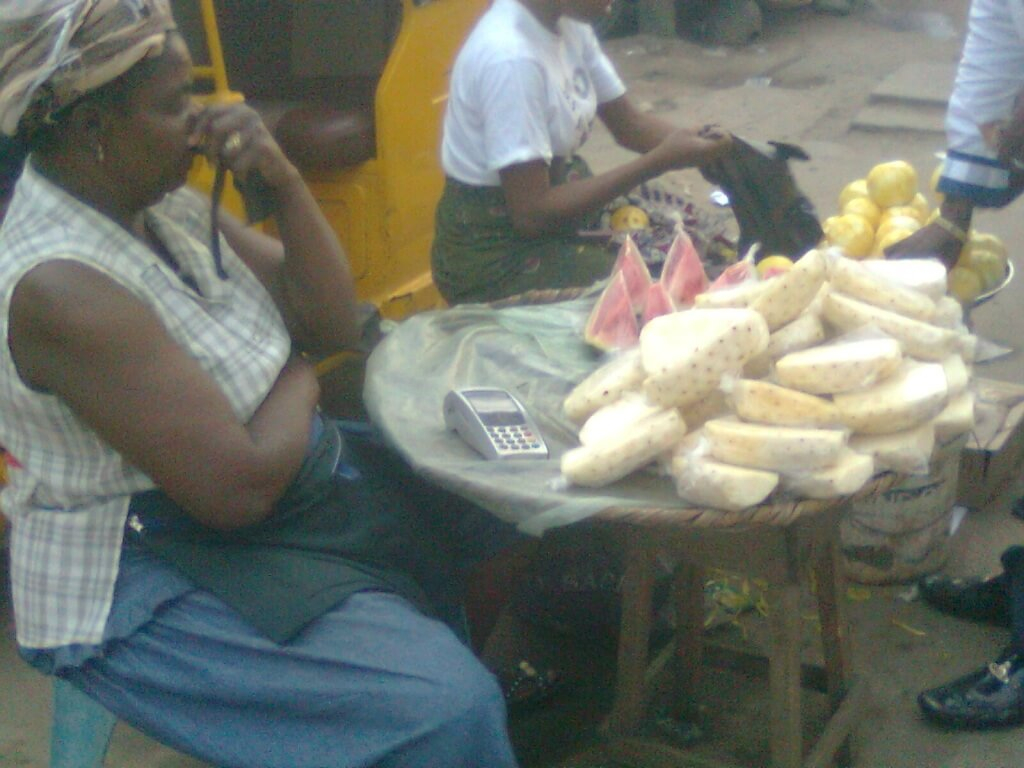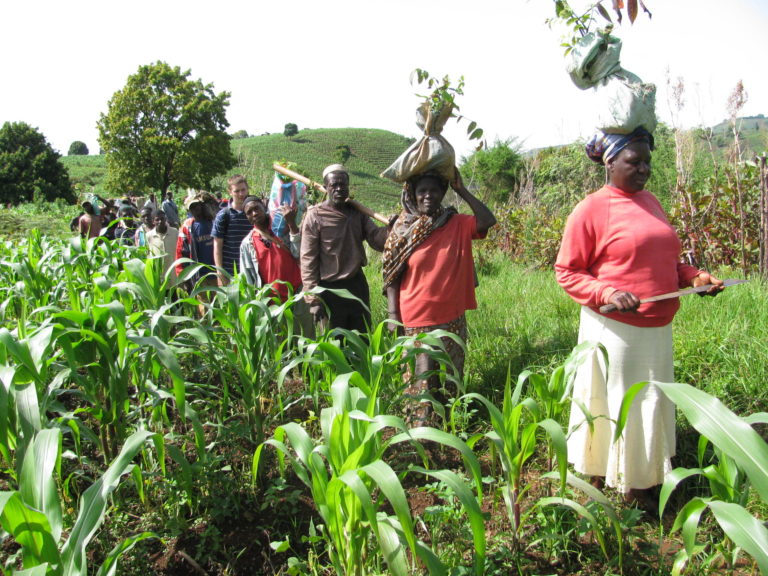EJIRO AWHANA writes about the impact of football academies on the round leather game in Nigeria and the prospects for the Super Eagles in the ongoing African Cup of Nations
The 2019 African Cup of Nations is underway, and the Super Eagles of Nigeria have their sights set on the continental trophy.
This year’s tournament will be the 18th for the Super Eagles, and pundits have tipped Nigeria to go all the way to the finals.
The Eagles have been seeded in Group B with two debutants, Burundi and Madagascar, alongside battle-weary Guinea.
The Super Eagles head coach, Gernot Rohr, has said that he believes in the team and that they will make the nation proud in the competition.
When Rohr released his final 23-man list for the tournament, there were a number of surprises. Aside from captain Mikel Obi, Ahmed Musa and Kenneth Omeruo, the rest of the squad will be making their debut on the continental stage.
One thing to note from the 23-man squad list is the inclusion of first choice goalie, Francis Uzoho, and forward Henry Onyekeru. The duos are products of Aspire Football Academy, one of the world’s leading grooming ground for football talents.
Their inclusion in the Super Eagles team is no surprise as they have proved their worth and the confidence reposed in them. They have been regular starters at their various clubs and this has secured them a place on the national team.
One of Aspire Football Academy’s coordinators in Nigeria, Julia Donishee, described the influence of the academy on both players as the reason for their inclusion in the team.
She said the fundamental training they underwent at the club helped them to get to where they are today.
She added that the club admitted them from scratch and developed them to become remarkable players.
The Country Director, Aspire Football Academy in Nigeria, Col Sam Ahmedu (retd), in a recent interview, said it was a thing of joy for him to see products of the academy do well on the international stage.
A grassroots football coordinator in Lagos, Lekan Aromire, said the selection of Uzoho was not surprising.
He said he knew the goalkeeper in his earlier days and that the confidence reposed on him by Rohr was obviously not misplaced.
Aromire, who recently had one of his rising stars signed onto a second division side in Nepal, said the financial reward spurred him on to do more so other members of his team could reap the reward of all the hard work they had put into their careers.
Football business is good business. In a recent report done by the BBC, the European football market alone is estimated to be £22bn. In the world over, football generates close to £35bn annually. It is undoubtedly a money-spinner and entrepreneurs ready to invest are sure to get huge returns on their investments.
Football academies are the backbone of the European football clubs. The managers of the big leagues are always on the lookout for rising stars and the first places they look to are football academies.

In Nigeria, football academies are on the rise. Many lovers of football are either running or sponsoring them. To some, they do it for the love and development of the round leather game while others do it for profit.
Aromire, who coaches a local football club in Lagos, described his participation in youth sports development as something he had always wanted to do.
He trains young boys in his locality, creating an avenue for them to be groomed and their talents honed.
Describing the financial gratification as appealing, he said, “But I am doing it for the sheer love of it.”
Pepsi Football Academy, Kwara Football Academy and Midas Football Academy are among the academies helping to develop young players in the country.
Over the years, football academies have played in the development of football in Nigeria.
An ex-Super Eagles goalkeeper, Peter Rufai, who is an ardent advocate of grassroots football development, said with more commitment, the efforts of his initiative and that of others would pay off in the coming years.
Staruf, the brainchild of the ex-international, has recorded some degree of success in the short years of its existence.
Rufai, in an interview with PM News, said the club had been able to sponsor several players for trials in European and Asian clubs and many of them had been signed on to various teams.
Nigeria’s FA Chairman, Amaju Pinnick, has wished the country well as they began their 2019 Africa Cup of Nations Campaign in Egypt.
According to him, the team is prepared for the tournament and the nations FA has done what it could to ensure the team is well prepared for the campaign.
But a football pundit, Felix Duru, described the 23-man squad as “green horns,” saying the team’s inexperience might spur them on to justify the trust imposed in them or they could be overwhelmed and perform badly.
A former Super Eagles defender, Sam Sodje, sees the team in a different light.
He said, “Although the players are relatively young and are largely inexperienced in competitions like this, I expect them to do exploit. I am expecting something new from the Eagles in Egypt,” he said in an interview with Goal.com.
Super Eagles centre-back Leon Balogun, has assured Nigerians that the team “is in high spirits and psychologically ready to take on any opponents that come their way.”
In an interview with Goal.com, the defender pointed out that “some people will look at our group and think it will be easy. But there is no such group at tournaments like this one.”
He promised Nigerians that the team would do all it takes to bring the trophy home.
The Nigerian team boasts of only one home-based player; Kastina United goalie, Ikechukwu Ezenwa, who is the team’s second-choice goalkeeper, with the rest of the players plying their trade beyond the shores of the country.


















